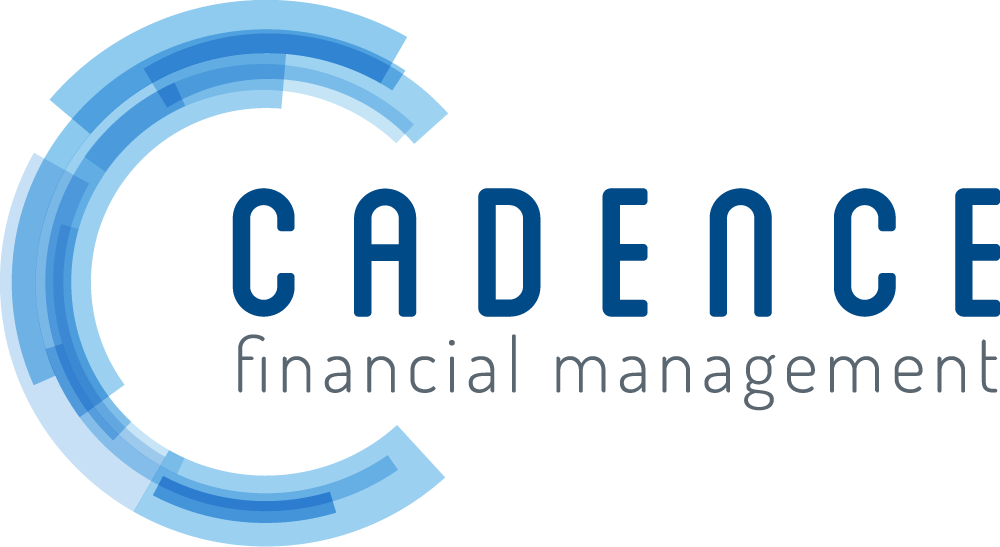DOL Brokerage Window Guidance and Cryptocurrency Accounts
Recently, the U.S. Labor Department issued new 2022 guidance regarding 401(k) retirement plans that offer, or are considering offering, investments in cryptocurrency and/or self-directed brokerage accounts in their plan menu.
Most plan sponsors have not worried about it, primarily due to lack of guidance to date regarding the issue of brokerage windows, which have previously not been subject of scrutiny by the DOL. This lack of scrutiny generally caused plan sponsors to set up brokerage windows for participants and then avoid any liability for poor investments made by participants. Some plan sponsors’ logic was that, once set up, the investments were the sole responsibility of the participants.
Based on the new guidance, employers could have fiduciary responsibility for participant cryptocurrency trades made through their self-directed accounts. Concurrently, the DOL announced that it will begin an “investigative program” that would require plan sponsors to “square their actions with their duties of prudence and loyalty” if they permit participants to invest in cryptocurrency or invest within their self-directed accounts.
The DOL’s stated interest is to now ask plan sponsors to explain why crypto was part of a participant’s self-directed account. This could easily open the door to a new level of scrutiny for all self-directed investments, which could portend potential plan sponsor liability from both federal regulators and plaintiffs’ attorneys.
You may recall, approximately ten years ago the DOL issued guidance to regulate brokerage windows, but the guidance was taken back after criticism, primarily by the investment industry. Since then, we anticipated the DOL’s stated intent to provide more robust fiduciary duties to monitor participants’ self-directed investments until now. The somewhat nebulous previous guidance made a point to remind plan sponsors that they should not interfere with participant investments as it could lead to fiduciary liability. Many plan sponsors who did offer self-directed accounts to take a hands-off approach to investments inside those account. This assumption appears to run contrary to the intent of DOL’s prudent fiduciary investment responsibilities.
Based on this new guidance, plan sponsors offering, or considering to offer, a brokerage account and/or cryptocurrency as an investment option for participants, should discuss and consider possible restrictions with their ERISA counselor and their investment partners.
Sources:
This material was created to provide accurate and reliable information on the subjects covered but should not be regarded as a complete analysis of these subjects. It is not intended to provide specific legal, tax or other professional advice. The services of an appropriate professional should be sought regarding your individual situation. The material presented was created by RPAG. Securities, investment advisory, and financial planning services offered through qualified registered representatives of MML Investors Services, LLC. Member SIPC (www.sipc.com). Supervisory Office: 16 Campus Blvd, Newtown Square, PA 19073. Cadence Financial Management, LLC is not a subsidiary or affiliate of MML Investors Services, LLC or its affiliated companies. ACR# 4938981 09/22
